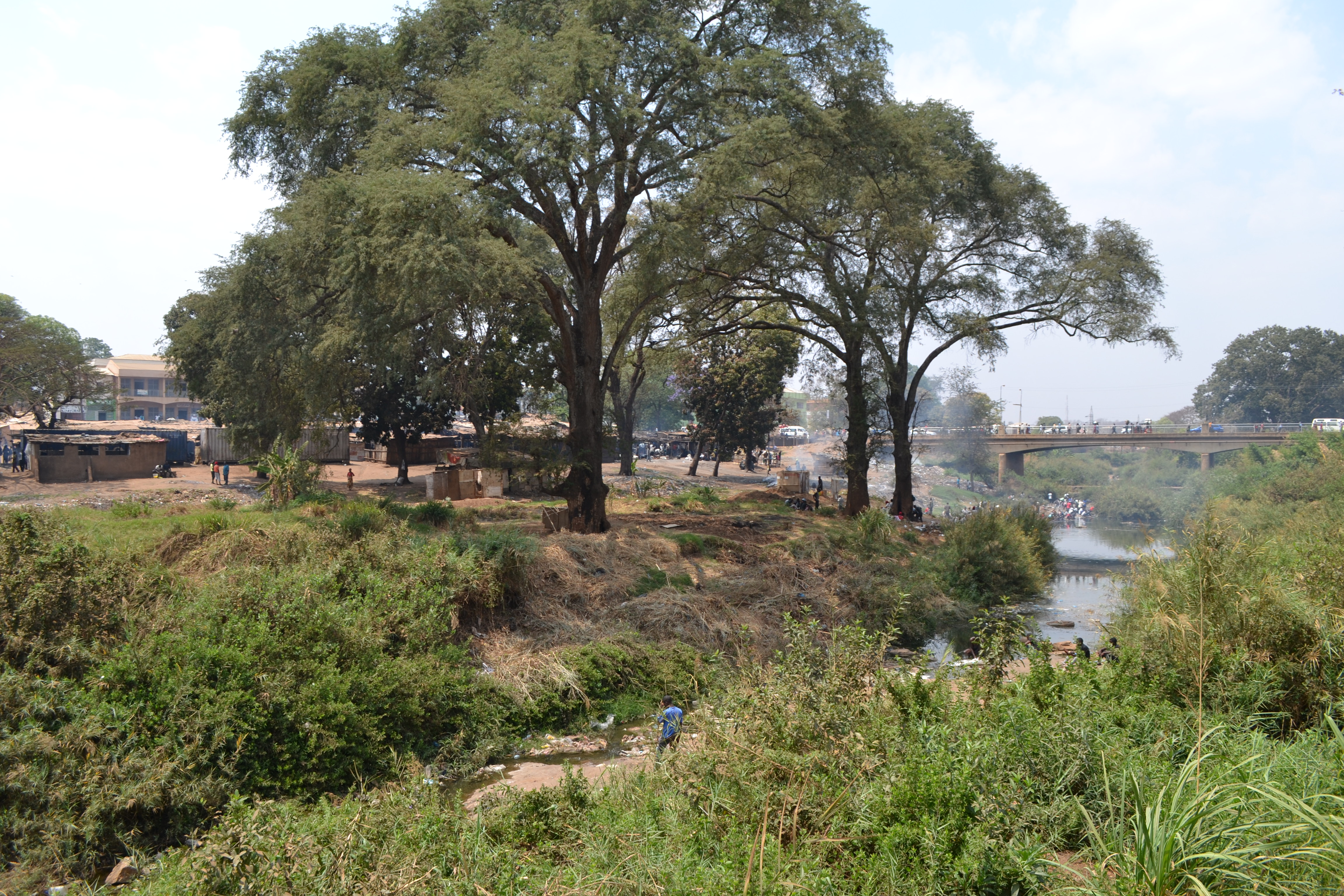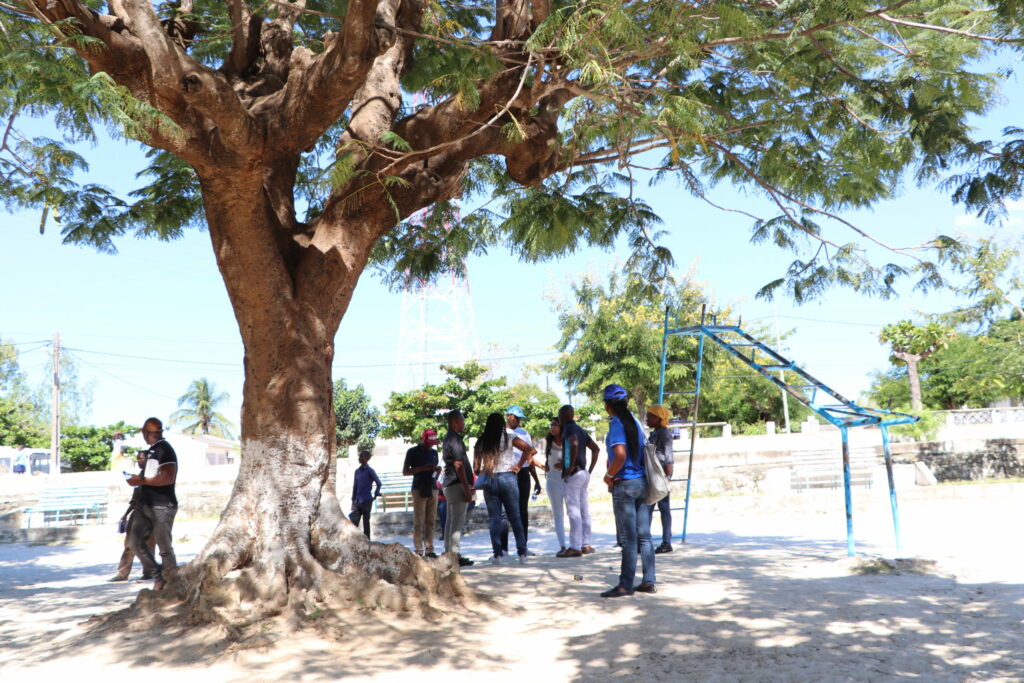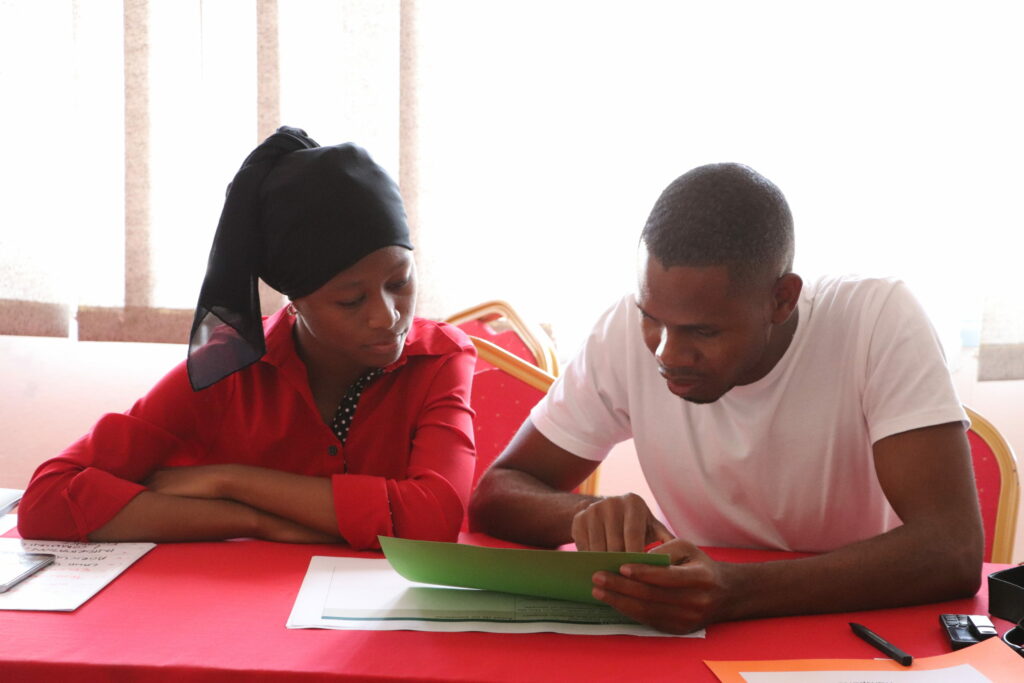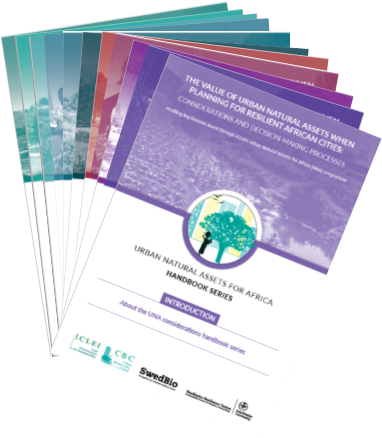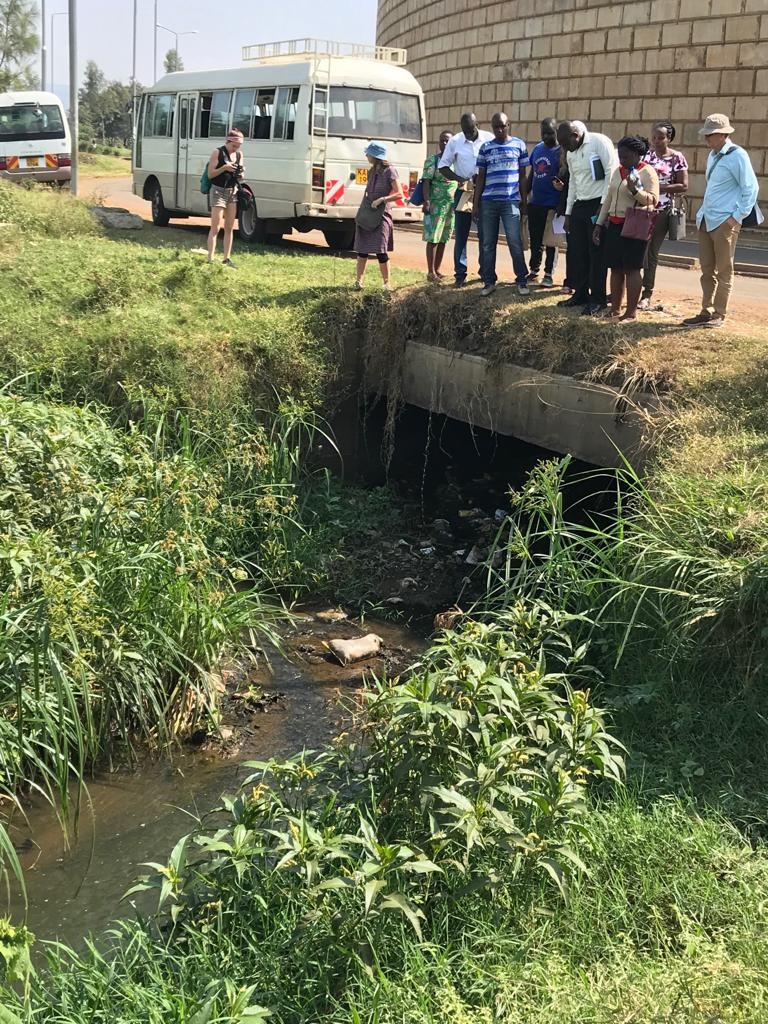chevron_left Back to News updates
20 March 2020
Integrating urban natural assets into city planning and decision-making in African cities: A new handbook series
We are proud to announce the launch of our new handbook series: The Value of Urban Natural Assets When Planning for Resilient African Cities: Considerations and Decision-Making Processes, developed through the Urban Natural Assets for Africa (UNA) programme.

